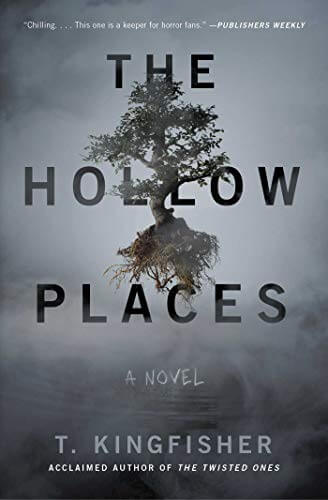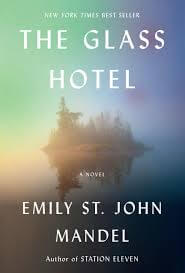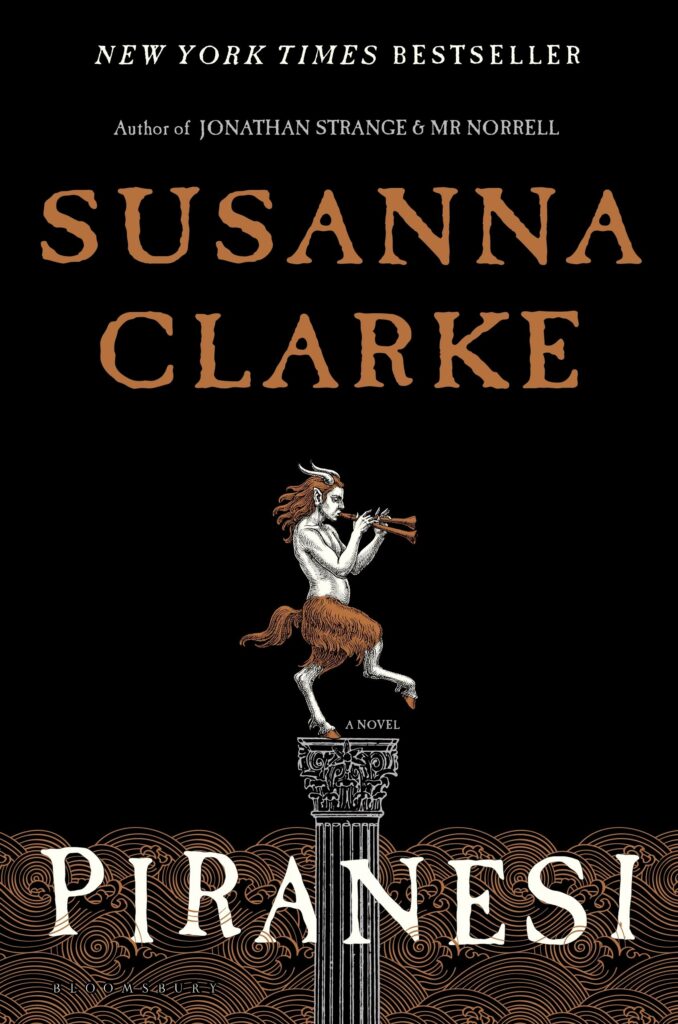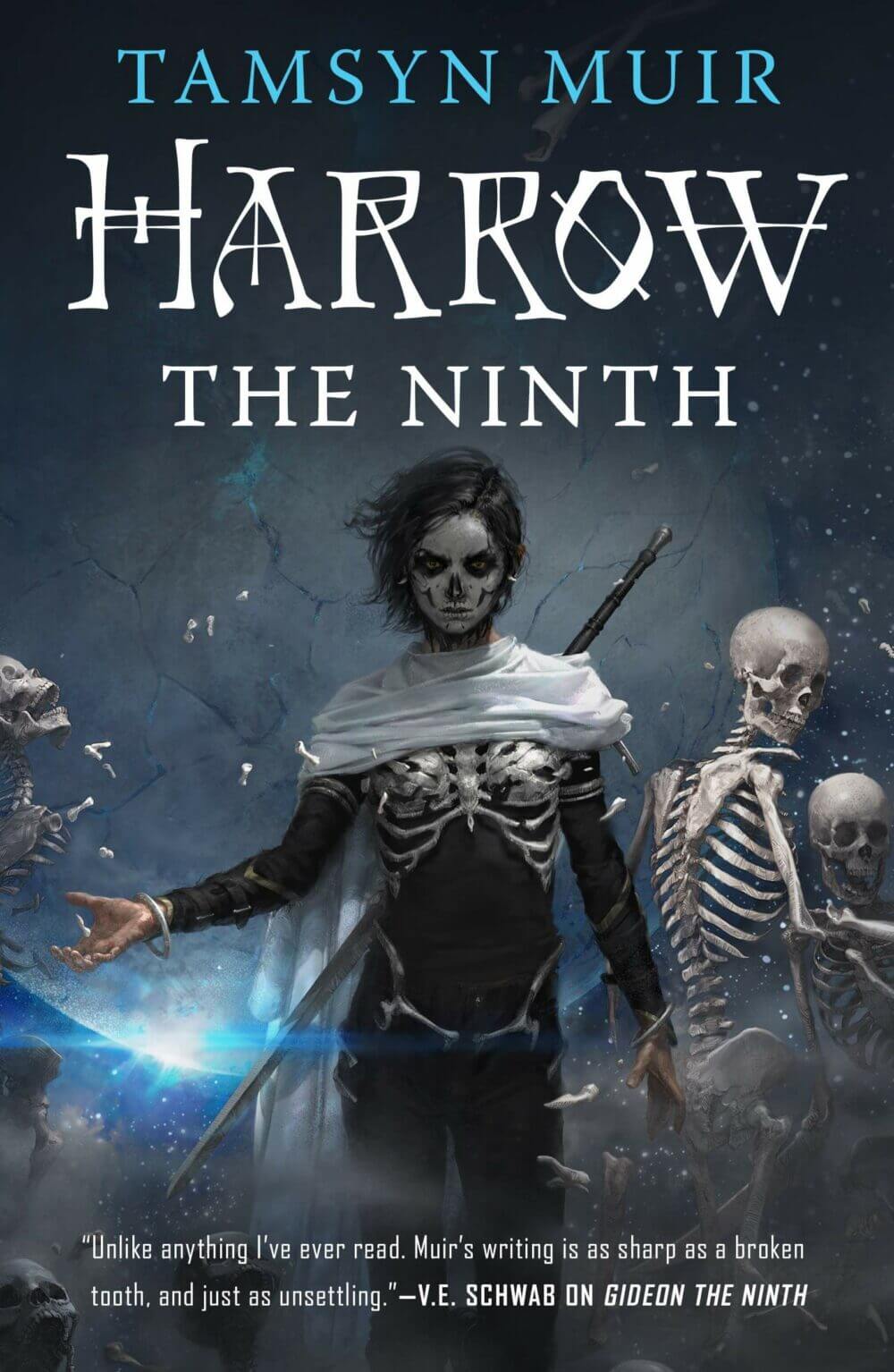It’s been a pretty chaotic year, what with family medical emergencies and other craziness (said other craziness being…more family medical emergencies), so I’m pretty happy to see the last of 2019.
I don’t usually quote myself in these reviews, but for crying out loud, that comment from the end of 2019 is just too ironic not to share.
ANYWAY, 2020 may have been even crazier that 2019, but one thing it had in its favor was some very good books. I could easily mark every single book I reviewed that was released in 2020 as a favorite, but I’m going to show some discipline here and stick with my top five.
The Hollow Ones by T. Kingfisher

An impossible hallway in the back of the Glory to God Museum of Natural Wonders, Curiosities, and Taxidermy leads to a fog-drenched world of willow trees and islands and bunkers and creatures that look like the space between the willow tree branches. T. Kingfisher’s version of horror edges towards Lovecraftian, but with a delightfully flippant attitude when her characters have to deal with the mundane (an ex that doesn’t understand why they “can’t still be friends”) while trying to survive the supernatural (an invisible enemy that can hear when you’re thinking about them, and which has a nasty habit of playing with its food).
The City We Became by N.K. Jemisin

This one was awarded Amazon’s Best Sci-Fi Book of the Year, and I’m calling it now, it’s definitely going to get a nom for this year’s Hugo Awards. Jemisin has brought to life a glorious concept for what a living city is. She uses stunning imagery to weave a tale of the avatars of the five boroughs of New York who fight off an invader using Checker cabs and architecture and Manhattan pop culture and sheer New York attitude.
The Glass Hotel by Emily St. John Mandel

Mandel’s latest book was inspired by the Bernie Madoff scandal, so it centers around a financial scam, but it spirals out into everything and everyone surrounding the con. There are multiple interweaving plots, dreamily untethered from time as the story jumps forward and backwards in the histories of everyone even a little bit involved in the Ponzi scheme that ruined so many lives.
Piranesi by Susanna Clarke

My friend Vincent described Susanna Clarke’s latest book in a way that caught my attention (“The world is a giant house filled with statues and open walls where the sea washes in.”), but I was completely unprepared for just how lovely this story is. It can be read as a murder mystery, or an exploration of identity, or something to meditate on just before bed, with the hopes of dreaming about an endless progression of flooded marble halls and statues and bones.

Harrow the Ninth by Tamsyn Muir
God, what an amazing book. What a terrifying book, with a sci-fi Goth setting and a traumatized nineteen-year-old female protagonist who can kill you with skeletons she summons from chips of bone, and who’s so entirely and achingly damaged that half the time you don’t know if what she’s seeing or remembering is even real. It’s the Unreliable Narrator trope done masterfully, and I’m already counting down to when we can get the third book in the trilogy so we can all find out what the hell happens next.